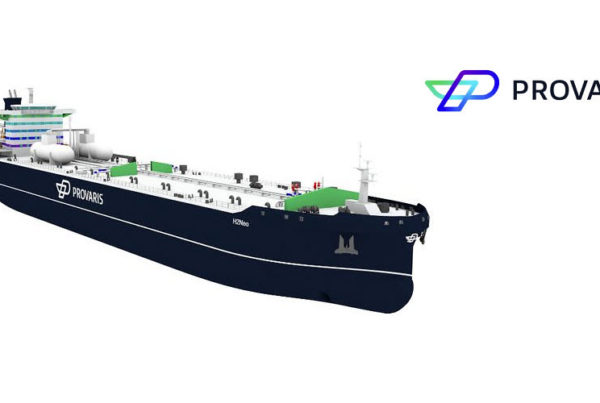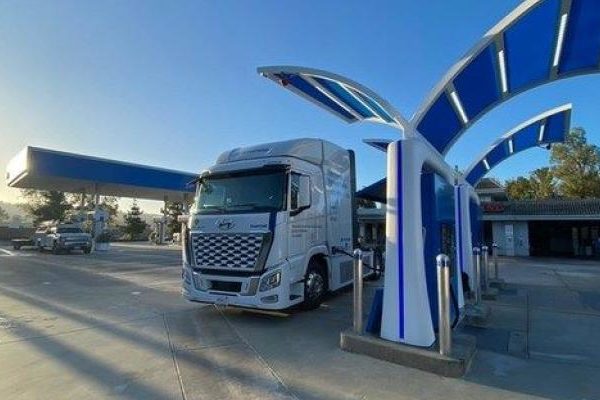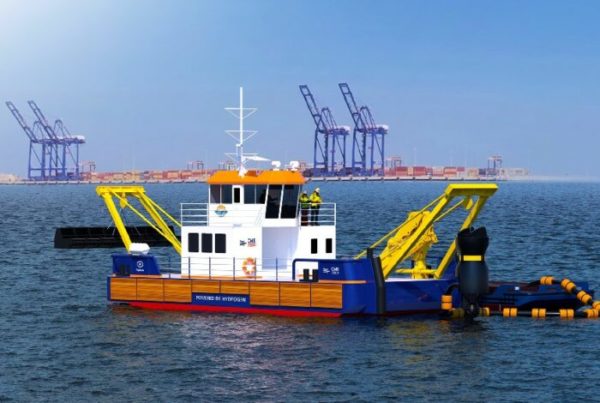
GER-NOR Joint feasibility study report – Hydrogen.
The industry led joint hydrogen feasibility study commissioned by the German and Norwegian governments last year, facilitated and led by dena (Deutsche Energie-Agentur) and Gassco presents the overall results of their feasibility study performed earlier this year on a hydrogen value chain extending from Norway to Germany.
The primary objective of this study has been to assess the viability of a German-Norwegian hydrogen value chain, encompassing every step in the value chain, from potential hydrogen production in Norway to consumers in Germany, with a planned start up in 2030.
“The establishment of a hydrogen value chain for the transportation of large quantities of hydrogen from Norway to Germany is considered technically feasible if the assumptions listed in the report are met.” says CEO Frode Leversund.
In January 2023, announcements by the German Vice-Chancellor and Norwegian Prime Minister highlighted ambitions to create a large-scale hydrogen pipeline, a move that could significantly bolster the energy landscape in Europe. The study, launched in 2022, was designed to evaluate the practicality of transporting large hydrogen volumes from Norway’s potential producers to German consumers, envisioning a start-up by the end of this decade.
The success of this venture hinges on several critical factors, including market readiness, regulatory frameworks, technology qualification, and the willingness of users to invest. The study’s findings will undergo thorough discussion and follow-up by a joint German-Norwegian working group recently formed for this purpose. It underlines that the hydrogen energy price must substantially surpass that of natural gas to justify the required investments in this value chain and to compensate for the energy loss inherent in hydrogen production.
Moreover, the study indicates a need for commercial commitments for large-scale hydrogen production and infrastructure development, alongside considerable investments in hydrogen transport infrastructure. The commitment from both the industry and governmental bodies is deemed essential for the project’s success.
Notably, the study reveals that planned Norwegian projects can support large-scale, low-carbon hydrogen production, ensuring a consistent flow to Germany. The envisioned hydrogen offshore pipeline is projected to have a total capacity of 4 million tonnes per annum (mtpa), with 2.75 mtpa being low-carbon hydrogen sourced from Norwegian projects. The remaining capacity is allocated for future projects and tie-in volumes.
Read the most up to date Fuel Cell and Hydrogen Industry news at FuelCellsWorks




